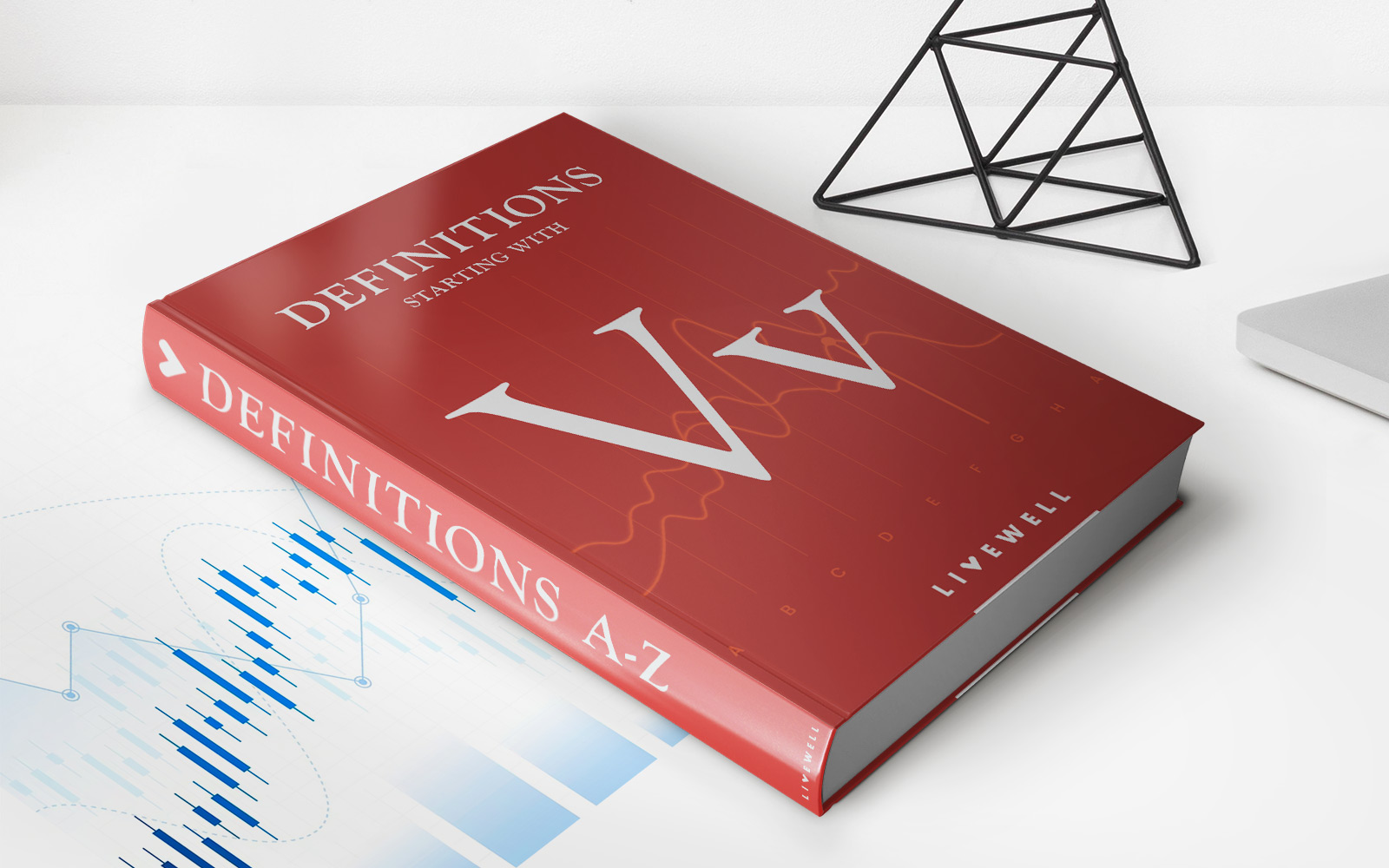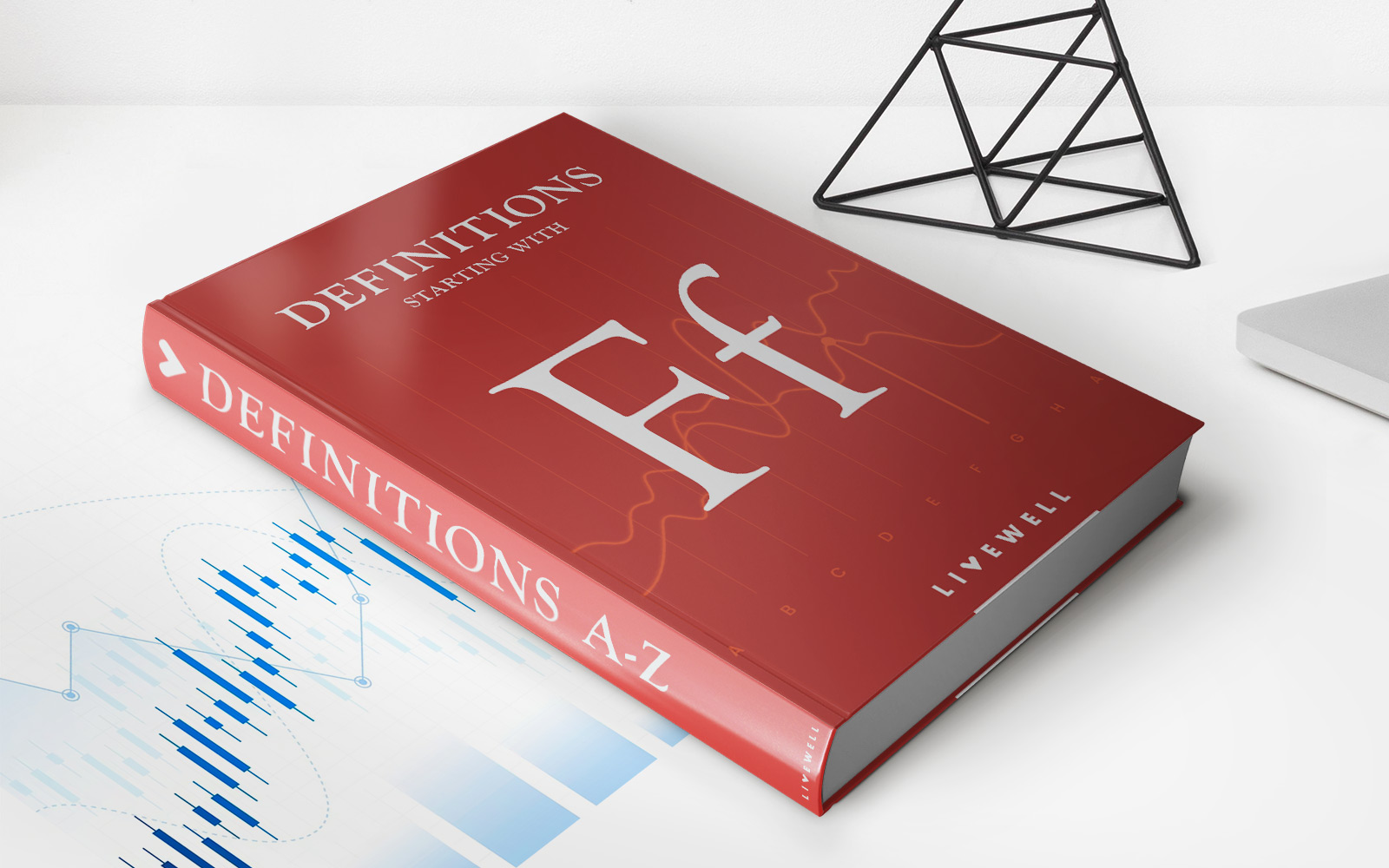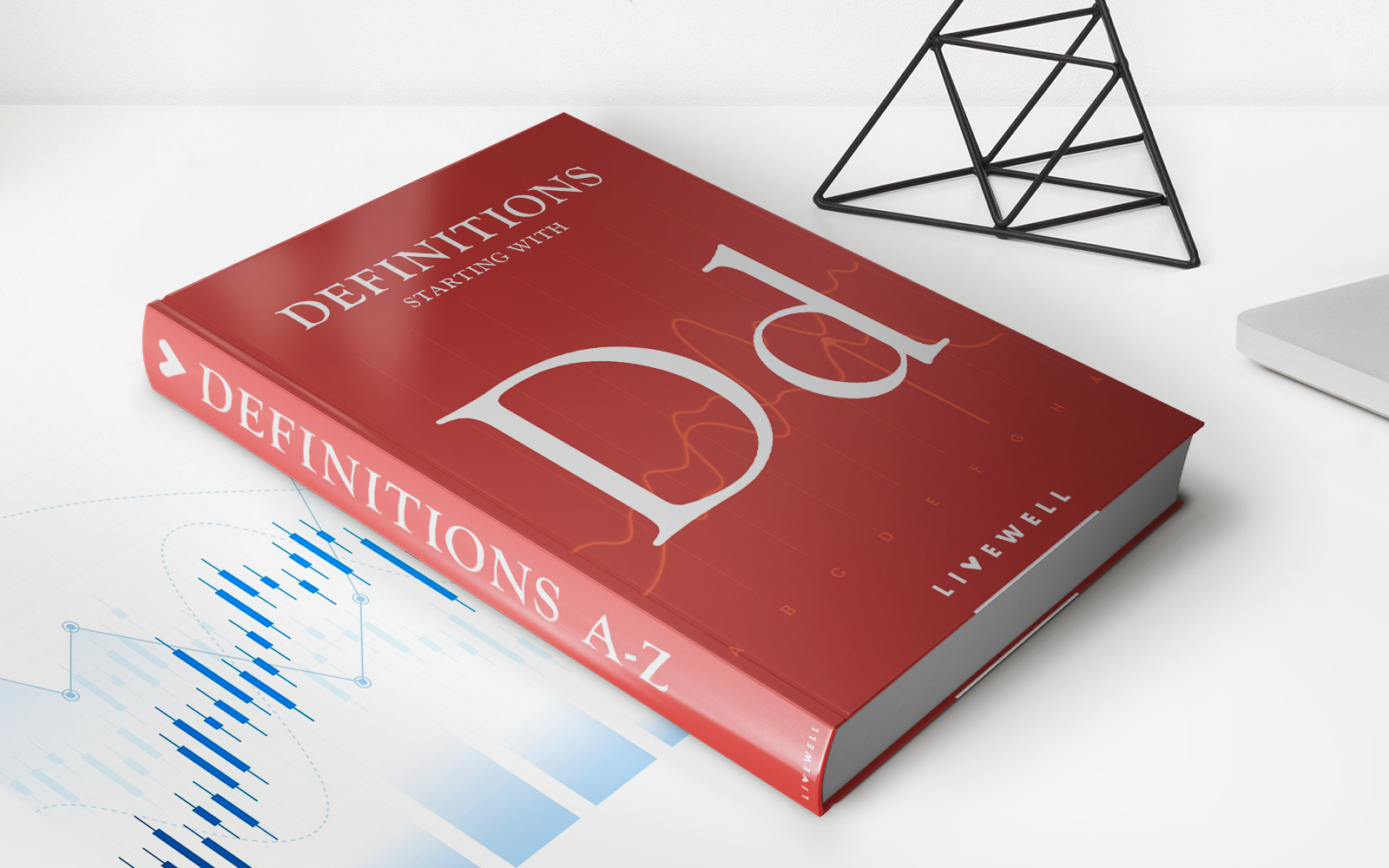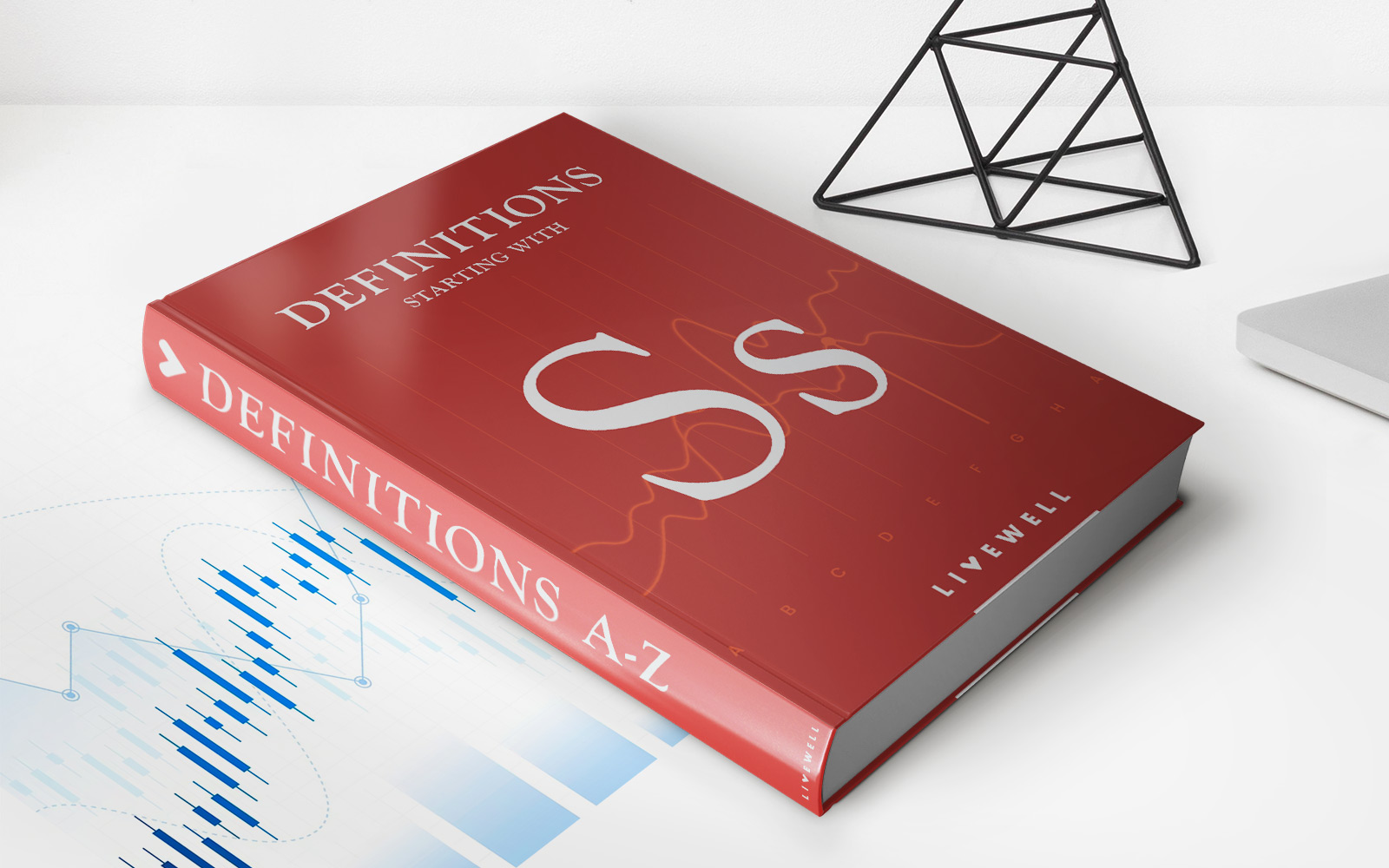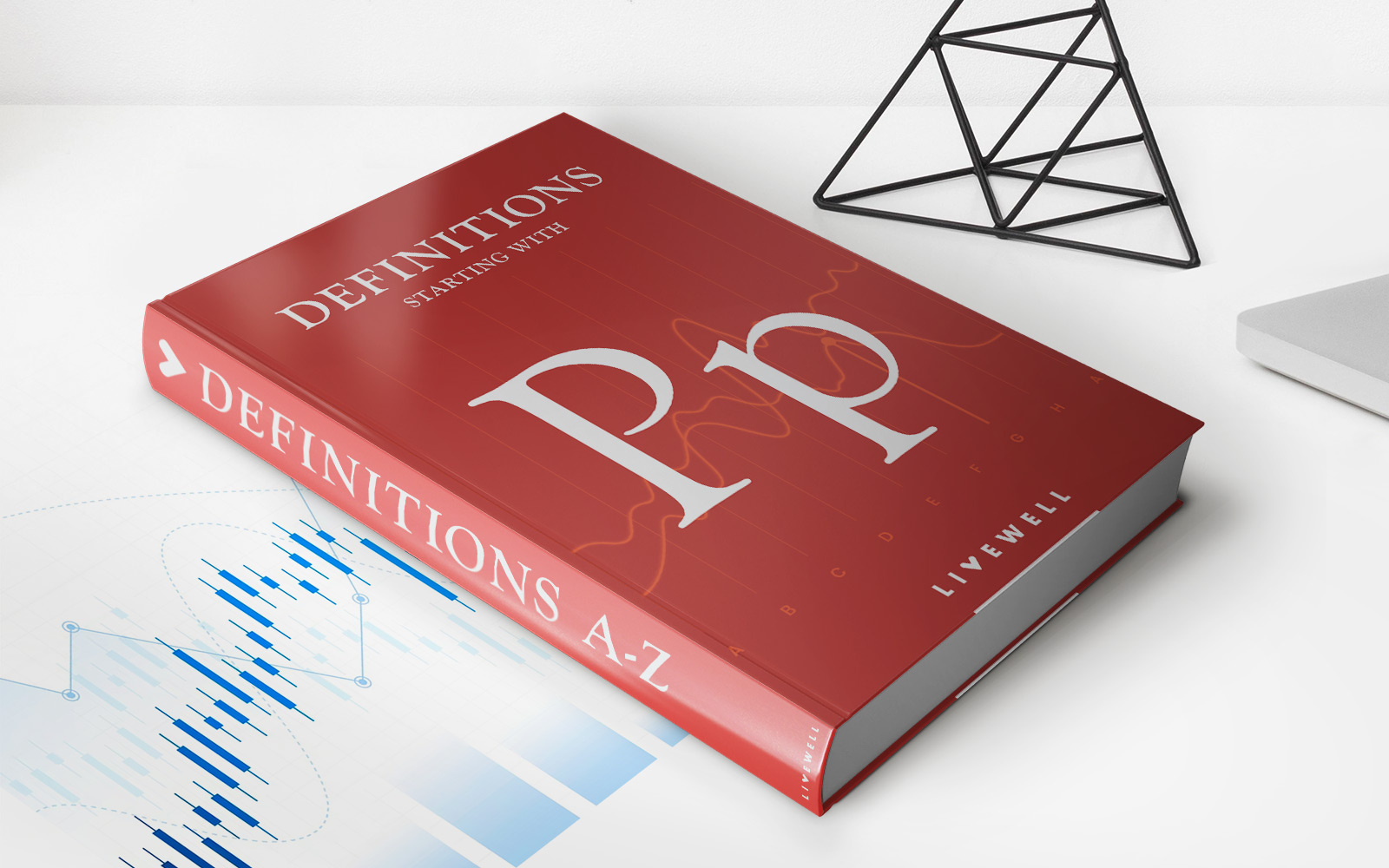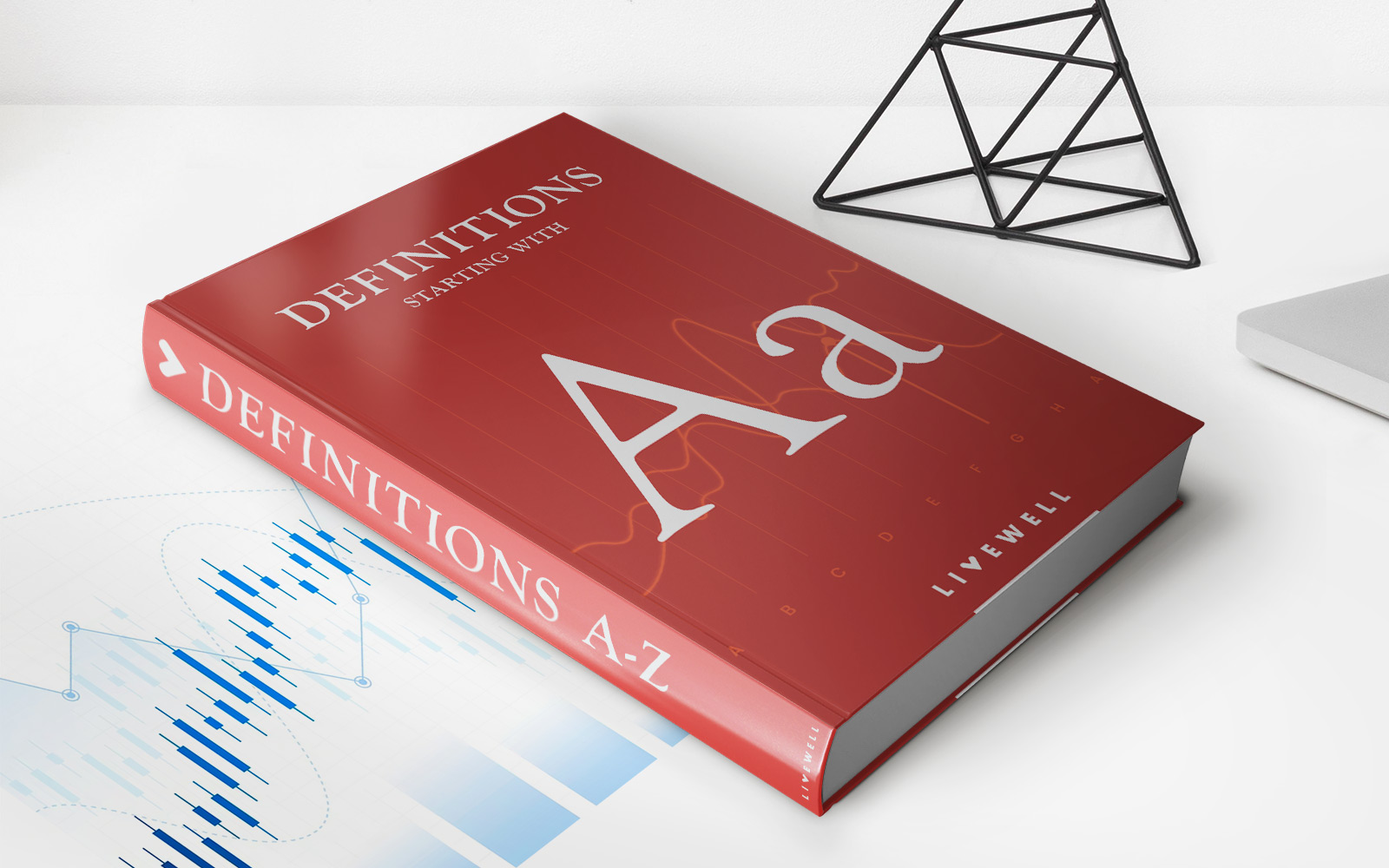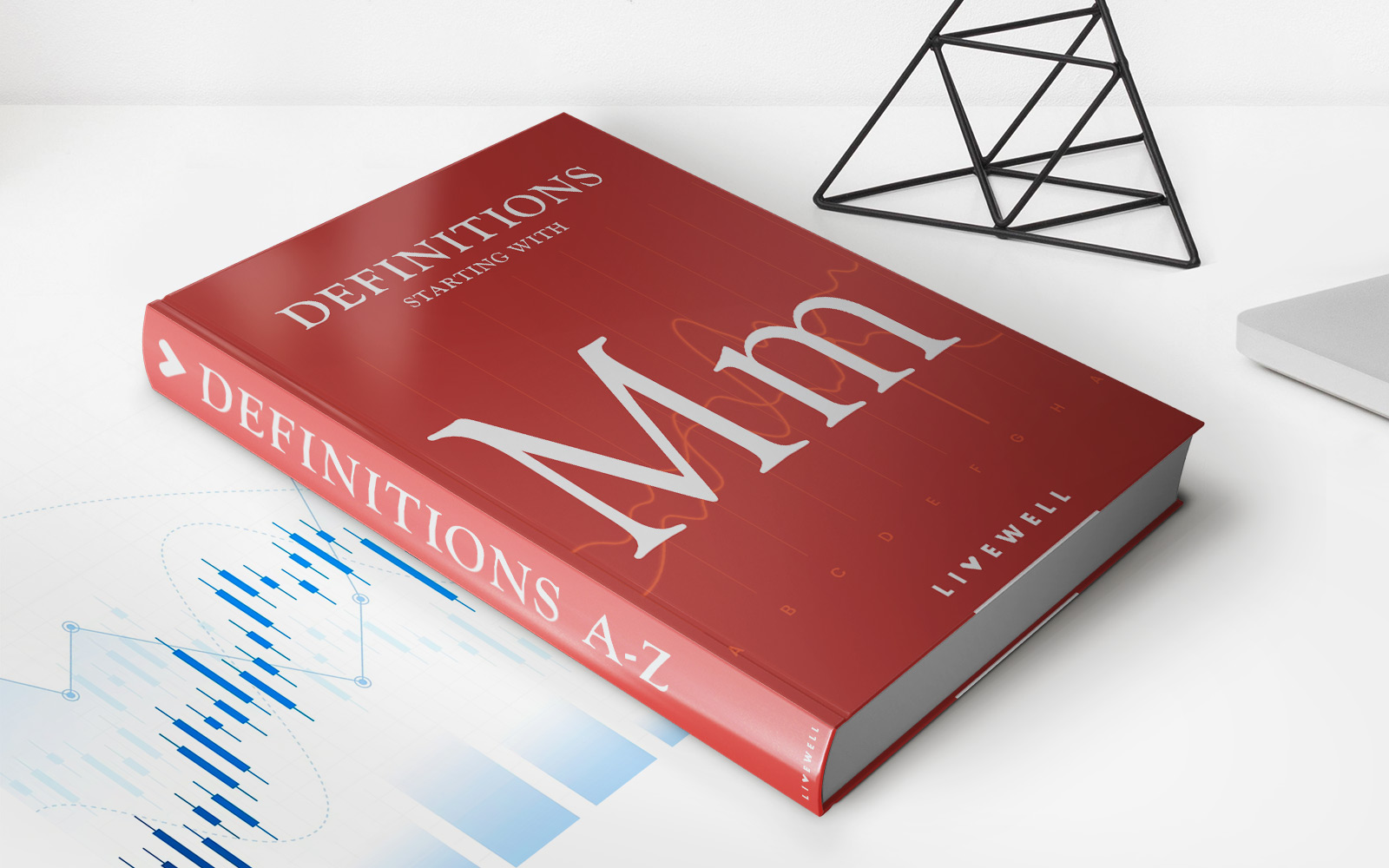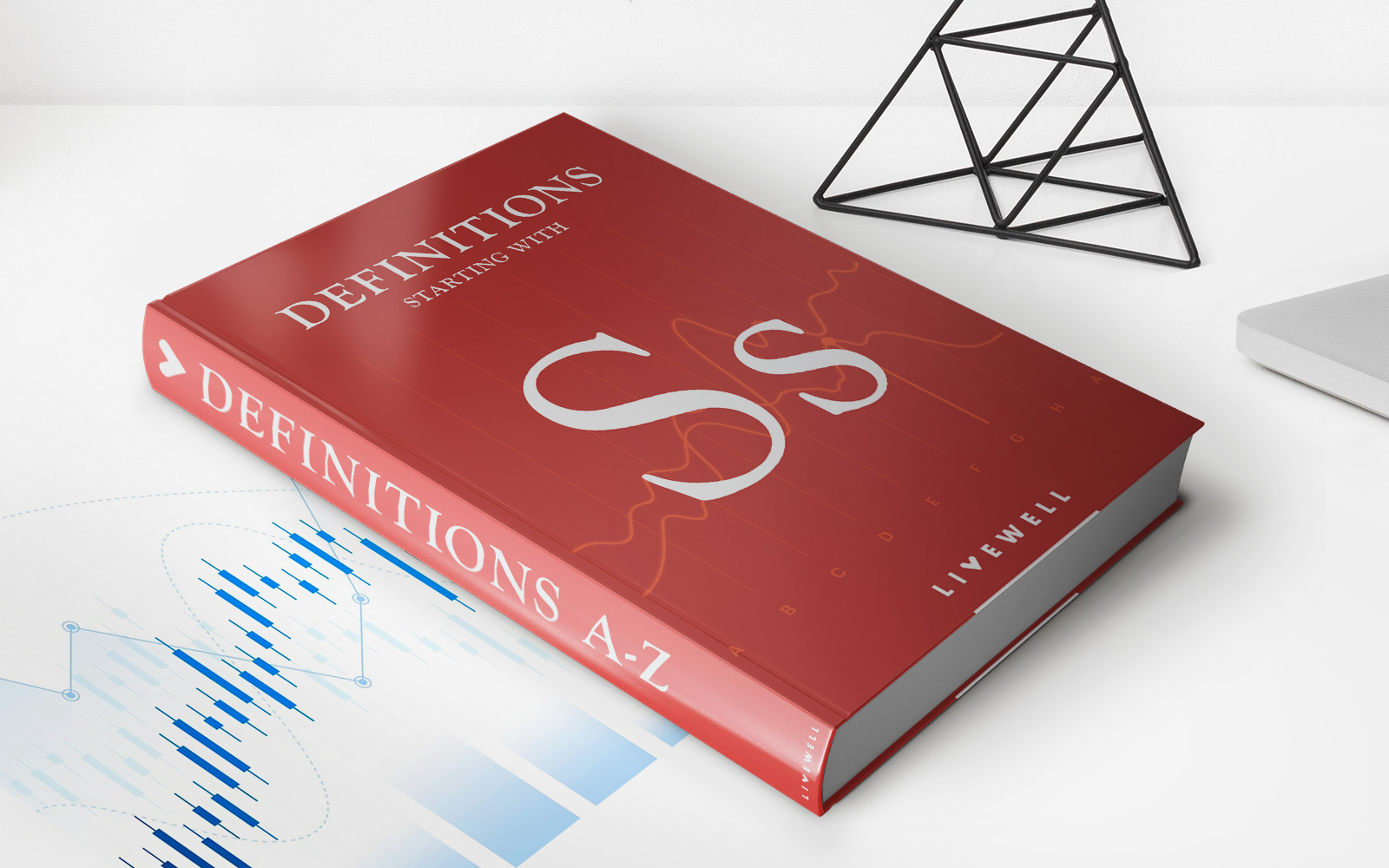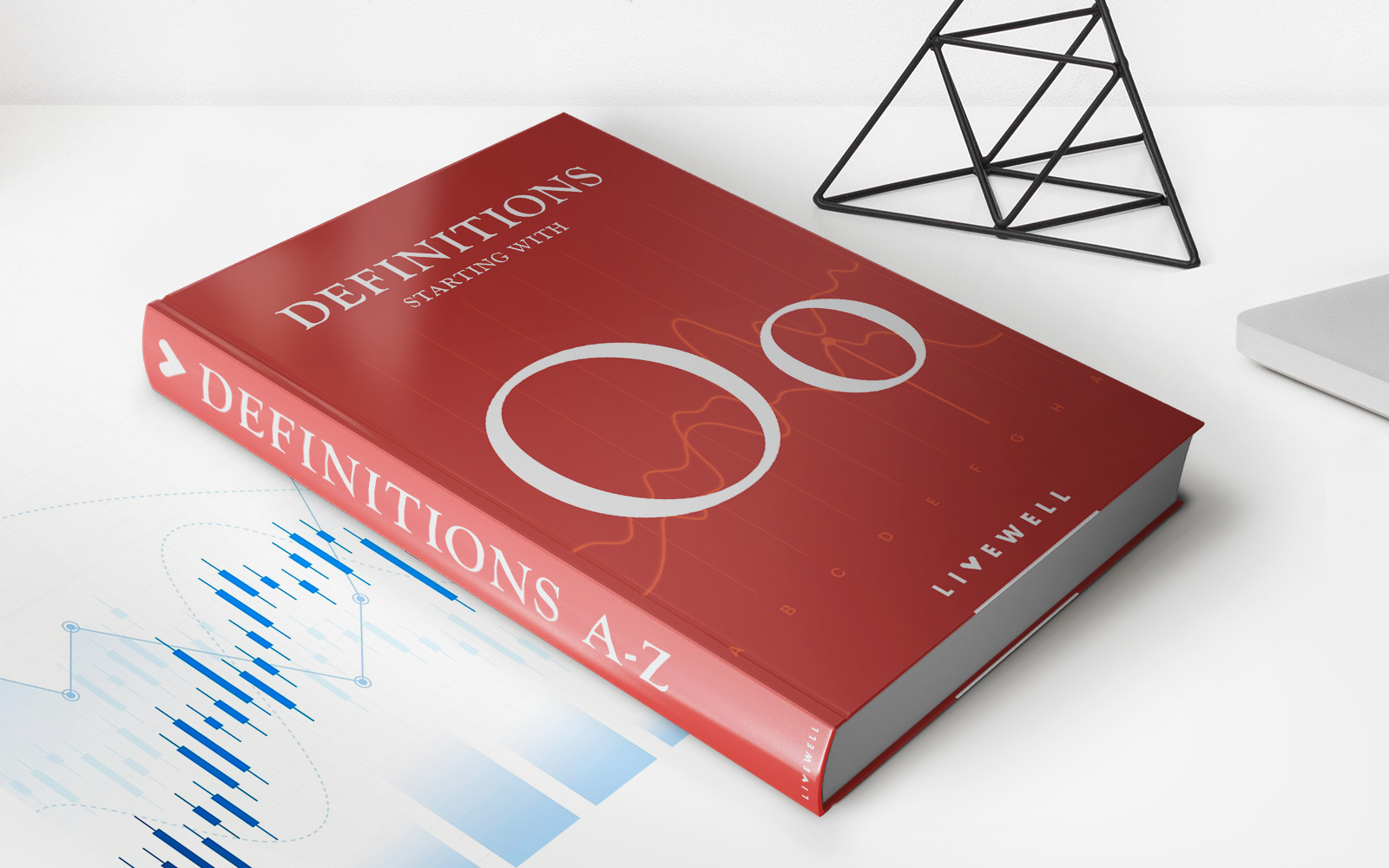Home>Finance>Adjustable Life Insurance: Definition, Pros & Cons, Vs. Universal
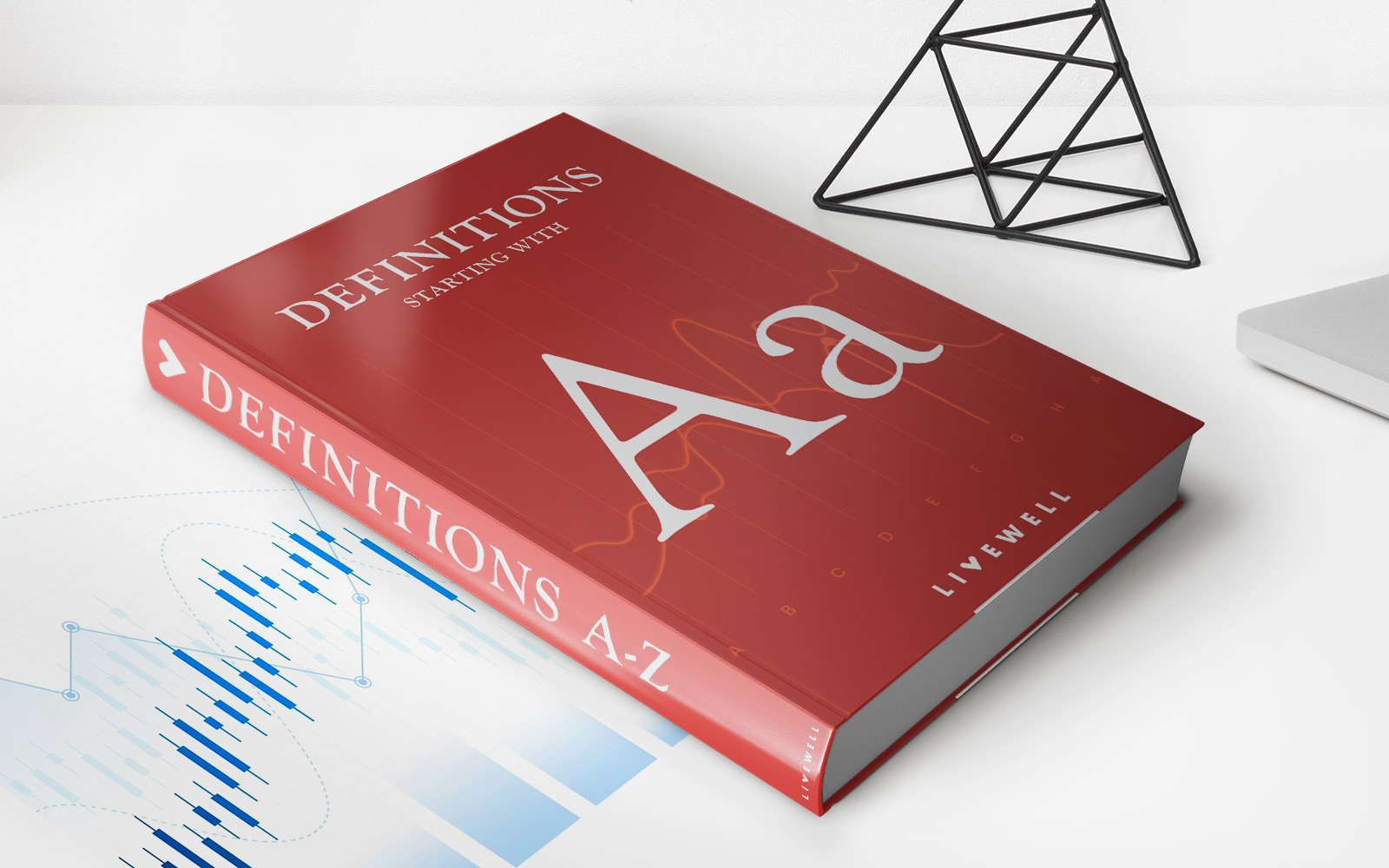

Finance
Adjustable Life Insurance: Definition, Pros & Cons, Vs. Universal
Published: October 1, 2023
Looking for information on adjustable life insurance? Learn about the definition, pros & cons, and how it compares to universal life insurance. Find all the details and make informed financial decisions.
(Many of the links in this article redirect to a specific reviewed product. Your purchase of these products through affiliate links helps to generate commission for LiveWell, at no extra cost. Learn more)
Understanding Adjustable Life Insurance: Definition, Pros & Cons, Vs. Universal
Are you looking for a flexible life insurance policy that can adapt to your changing needs and financial circumstances? Look no further than adjustable life insurance. In this blog post, we explore the definition, pros, and cons of adjustable life insurance, and discuss how it compares to universal life insurance. So, let’s dive right in!
Key Takeaways:
- Adjustable life insurance offers flexibility by allowing policyholders to adjust their coverage and premiums over time.
- It provides an opportunity to increase or decrease the death benefit or premium payments as needed.
What is Adjustable Life Insurance?
Adjustable life insurance is a type of permanent life insurance that combines elements of whole life insurance and term life insurance. It provides lifelong coverage while offering the flexibility to adjust policy terms, including the death benefit amount and premium payments.
The adjustability feature of this policy allows policyholders to respond to changing financial circumstances, such as income fluctuations, retirement planning, or the need to provide for significant life events. It provides the policyholder with control over their policy, making it an attractive option for those seeking versatility in their life insurance coverage.
Pros and Cons of Adjustable Life Insurance:
Pros:
- Flexibility: Adjustable life insurance offers policyholders the ability to adjust their coverage and premiums to meet their changing needs.
- Investment Component: This type of policy often includes a cash value component, which accumulates over time and can be used for loans or withdrawals.
- Permanent Coverage: Unlike term life insurance, adjustable life insurance provides lifelong coverage, ensuring financial protection for loved ones.
Cons:
- Complexity: The adjustability feature can make the policy more complex, and understanding all the options and variables may require guidance from a knowledgeable insurance professional.
- Potential Cost Increase: Adjusting the policy terms may result in higher premiums, so it’s essential to carefully evaluate the impact of any changes on long-term affordability.
- Less Guaranteed Cash Value: Compared to traditional whole life insurance, adjustable life insurance policies may offer lower guaranteed cash values due to the flexibility and potential for adjustments.
Adjustable Life Insurance vs. Universal Life Insurance
Both adjustable life insurance and universal life insurance fall under the category of permanent life insurance. While they share similarities, they do have key differences:
1. Death Benefit Adjustments:
With adjustable life insurance, policyholders have greater flexibility to adjust their death benefit amount up or down. In contrast, universal life insurance typically provides a level death benefit unless specifically modified.
2. Premium Adjustments:
Adjustable life insurance allows policyholders to adjust their premiums to align with their financial situation. In universal life insurance, the premium payments are generally set, with the option for policyholders to use accumulated cash value to cover premiums.
3. Cash Value Growth:
While both policies have a cash value component, universal life insurance policies usually offer a fixed crediting rate, whereas adjustable life insurance may have more potential for growth based on market performance.
4. Flexibility:
Adjustable life insurance often provides more flexibility than universal life insurance in terms of adjusting policy terms. Universal life insurance policies usually have more restrictions on adjusting coverage and premiums.
In conclusion, adjustable life insurance offers a unique level of flexibility and versatility for those seeking long-term coverage that can adapt to their changing needs. However, it’s crucial to carefully consider the pros and cons, and consult with an insurance professional to determine if this policy aligns with your financial goals. Remember, preparation and research are key when it comes to selecting the right life insurance policy for your specific situation.
